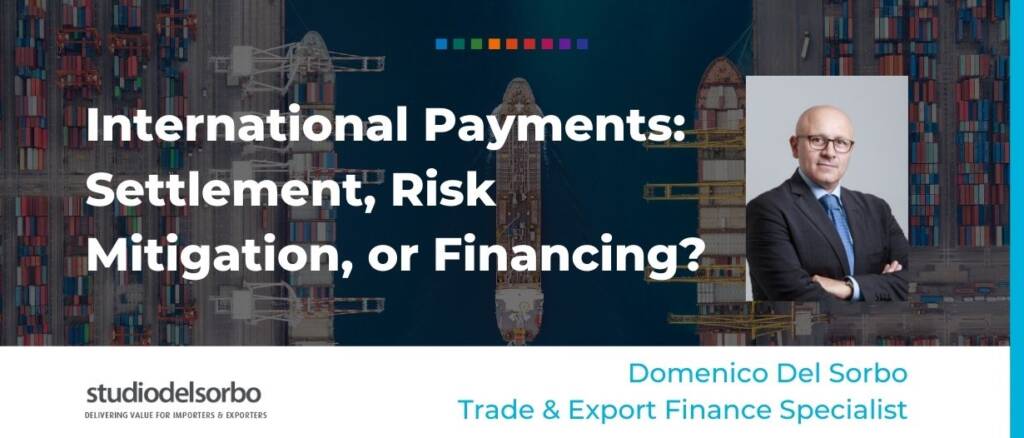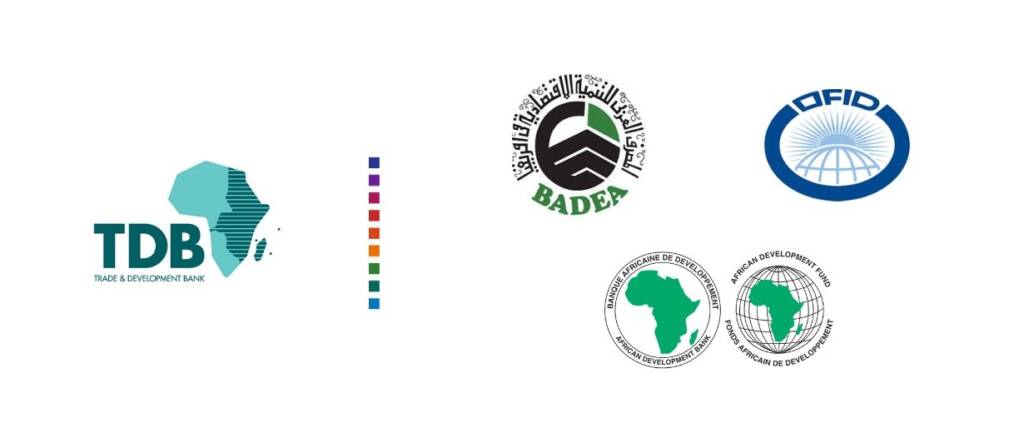Your Monday morning coffee briefing from TFG. Governments across Europe face a hard balance between public health and economic activity as they combat a resurgence in COVID-19 cases. Global trade is recovering more quickly than after the 2008 global financial crisis.
The Association for Corporate Treasurers (ACT), in partnership with Deutsche Bank, has today announced the release of “The Group Treasurer: An ACT guide to the first 100 days”, which provides… read more →
TFG heard from Trade & Export Finance Specialist, Domenico Del Sorbo on practical aspects of payment instructions in international trade.
The transmission of COVID-19 has returned to “alarming rates” across Europe, says the World Health Organization. The UK government imposed more restrictions on areas of the North East and the Midlands to combat a rise in the number of cases.
Enabling seamless transactions from one account to another anywhere in the world with end-to-end transparency and predictability Made available through a next-generation digital platform that maintains SWIFT’s hallmark focus on… read more →
TFG heard from Dr. Özge TOSUN, legal counsel at Export Credit Bank of TURKEY (Turk Eximbank) on the various surety bond dilemmas in Turkish insurance including the impracticality of expecting Turkish law to govern all overseas contracts.
The Local Currency System – SML – resurfaces as an alternative to recover trade flows not only in the Mercosur but also in other regions of the world which can implement it.
Nairobi, 24 June 2020 – The African Development Bank (AfDB), the Arab Bank for Economic Development in Africa (BADEA), and the OPEC Fund for International Development (the OPEC Fund) have, once… read more →
Considering the stakes involved in managing the AML/KYC compliances are high, banks/ FI should carefully assess the options available with them and look holistically to mitigate the risk.
SMEs need to explore innovative financing options like trade credit insurance as they plan and prepare for the “new normal”.























